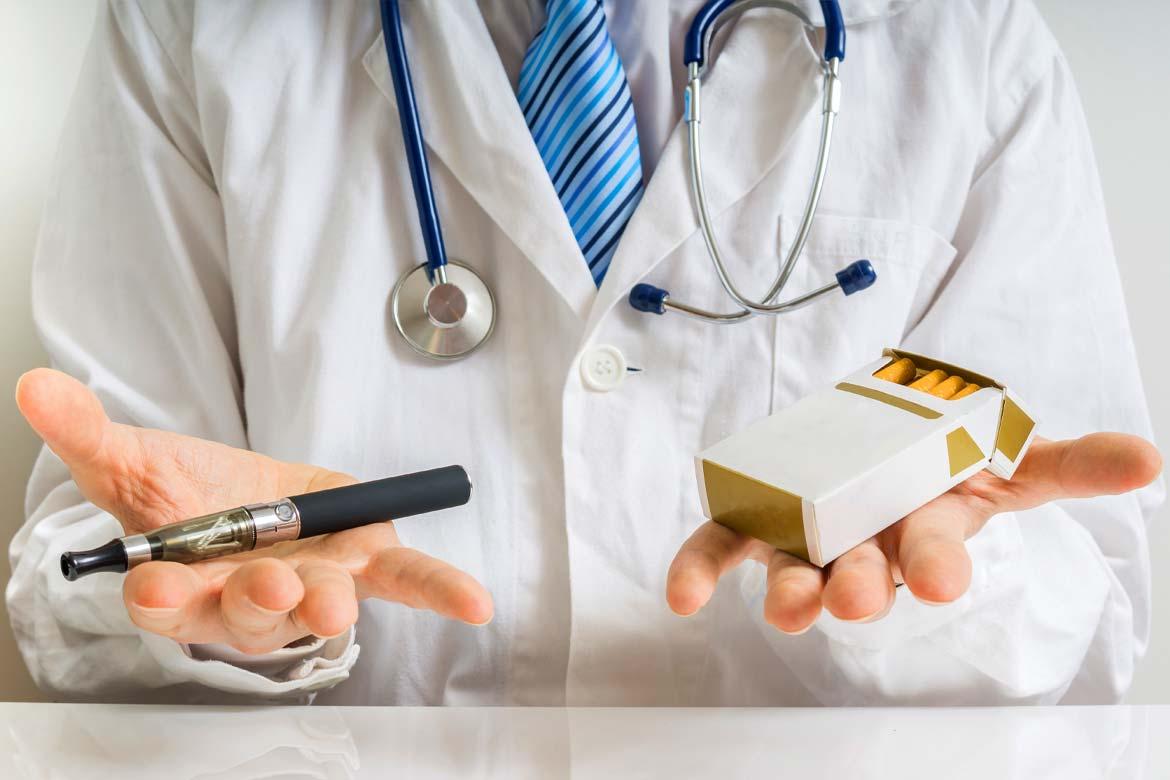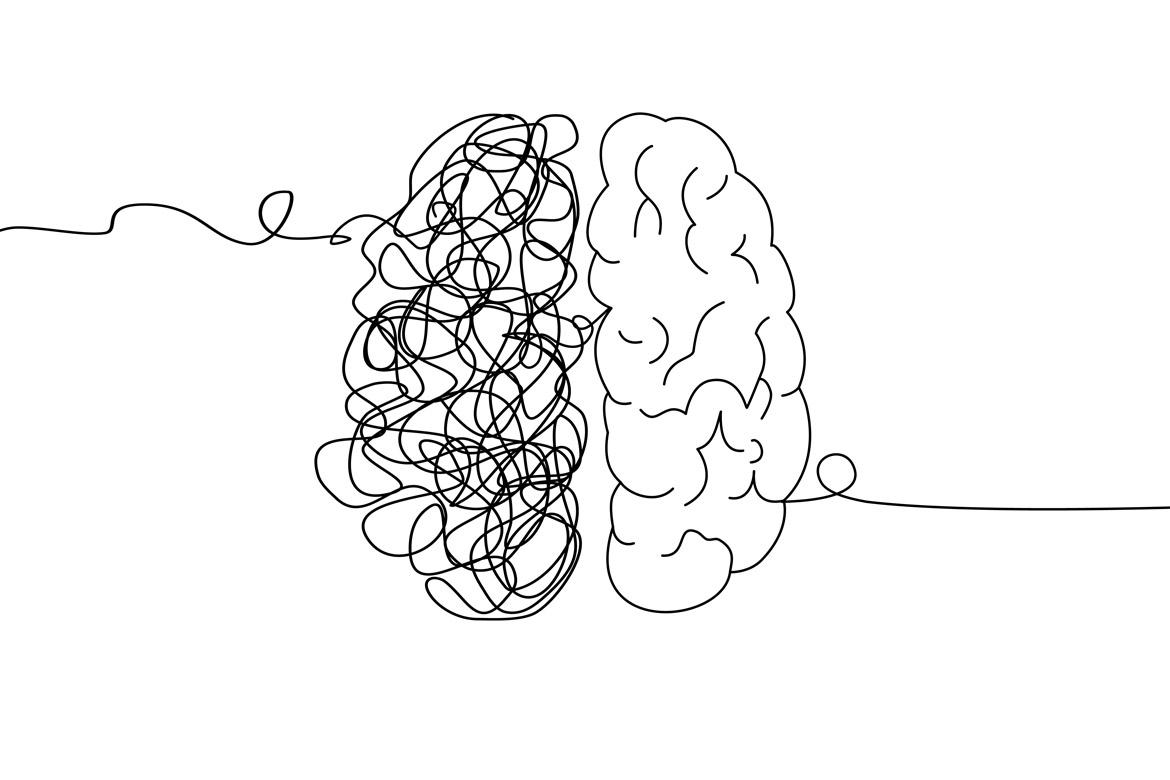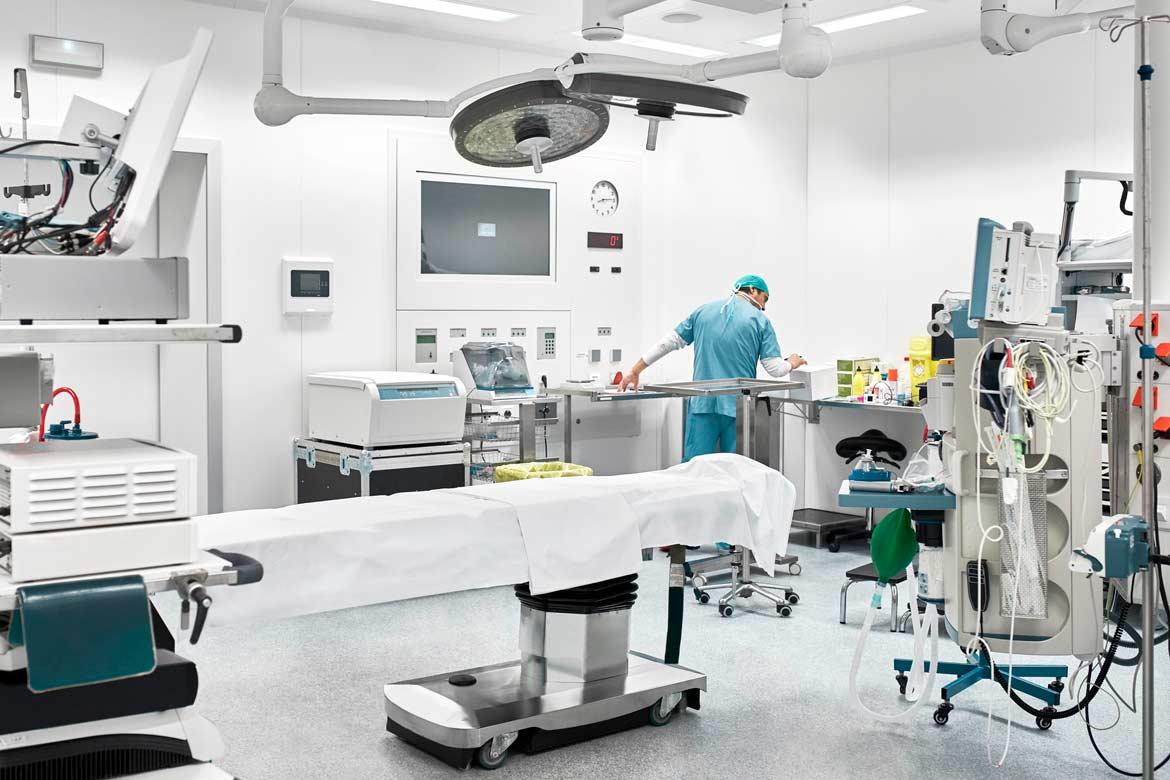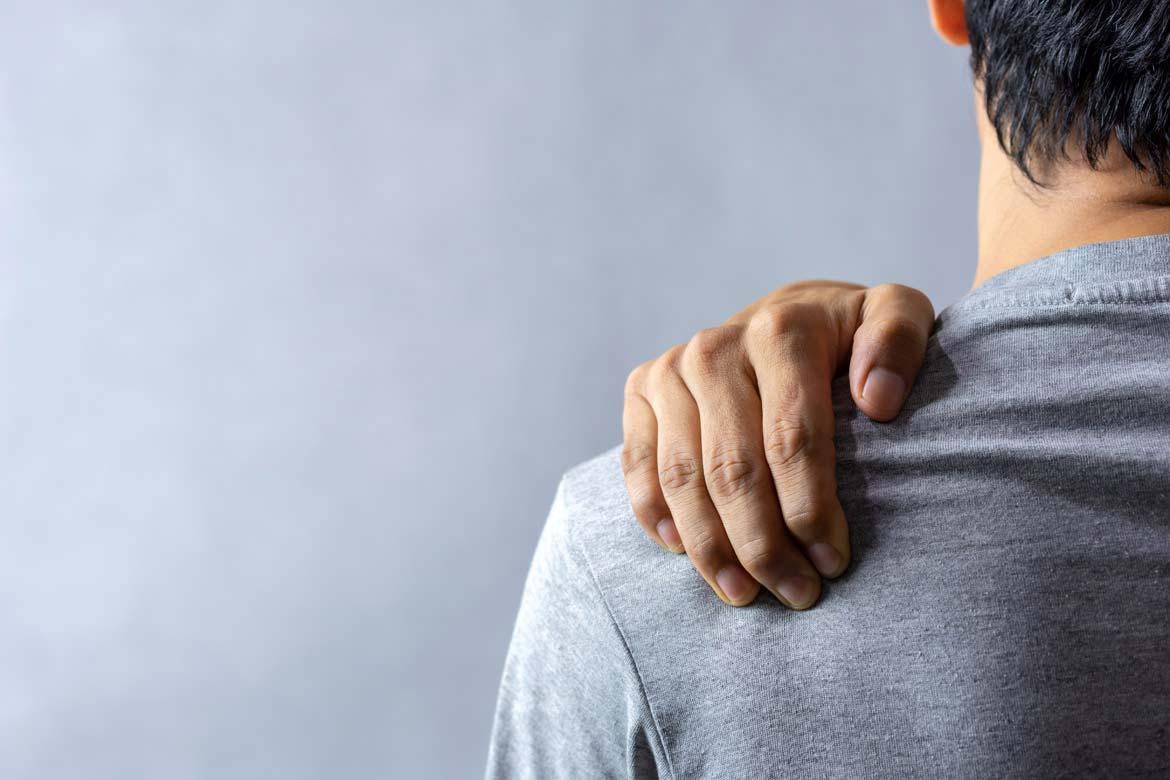What is chemotherapy?
Together with surgery and radiotherapy, chemotherapy is one of the 3 main ways in which cancer is treated. Often known simply as ‘chemo’, they are medicines used to destroy or stop the growth of cancer cells.
Types of chemotherapy
There are various ways in which chemotherapy can be given.
Purpose of chemotherapy:
- Curative chemotherapy in the treatment of chemo-sensitive, curable cancers such as lymphoma, germ cell tumours and leukemia
- Palliative chemotherapy for advanced cancers aimed at killing the cancer cells, controlling disease, preserving quality of life and prolonging overall survival
- High-dose chemotherapy and stem cell rescue
Timing of chemotherapy:
- Upfront or induction chemotherapy to shrink the tumour size before definitive local treatment with either surgery or radiotherapy
- Concurrent chemo-radiation where the drugs are used together with radiation to improve the effectiveness of radiotherapy
- Adjuvant chemotherapy (therapy after the initial treatment of cancer to prevent recurrence of the tumour) where the drugs are given after surgery or radiotherapy to treat micro-metastases (tumours) which cannot be seen, so that patients will have a higher chance of cure
Your doctor may recommend the strategic use of chemotherapy treatment to kill cancer cells or a combination of one or more other treatments, depending on how far the cancer has spread.
Why do you need chemotherapy?
The goal of chemotherapy is to cure your cancer and prolong your life span. If a cure is not possible, chemotherapy may help to shrink the cancer or slow its growth. This is to allow you to live symptom-free for as long as possible.
Chemotherapy can:
- Eliminate any remaining cancer cells in the body after surgery and radiotherapy
- Reduce the risk of cancer relapse to a different part of your body
- Kill the cancer cells and slow down its growth
An ideal treatment option will be selected based on the type of cancer, its location, stage of the cancer and other patient factors.
What are the risks and complications of chemotherapy?
Chemotherapy is often maligned due to its range of possible side effects, which may affect a patient’s quality of life. Nowadays, the newer chemotherapy agents, as well as supportive medicines used, are very effective in reducing side effects for the patient.
Common side effects of chemotherapy include:
- Loss of appetite
- Nausea
- Mouth ulcers
- Fatigue
- Hair loss
- Diarrhoea
- Nerve damage
With advances in cancer treatment, newer chemotherapies are more effective and offer improved overall results with fewer side effects.
How do you prepare for chemotherapy?
Chemotherapy usually takes place over a period of time. Your preparation will depend on which drugs you receive and how they may be administered.
Some ways to prepare for your chemotherapy include:
- Undergoing blood tests and procedures to ensure that your body is ready to receive chemotherapy
- Visiting a dentist to check your teeth for signs of infection to reduce any risks or complications
- Making arrangements for help at home and for work, children, pets or other commitments
- Planning ahead for side effects such as infertility or hair loss
- Getting a close contact to drive you to your first treatment, as some side effects can make driving difficult
- Being well-rested and eating a light meal before your chemotherapy in case of nausea
- Keeping well-hydrated
What can you expect with chemotherapy
Your chemotherapy treatment – the drugs you will receive and how they will be administered – is based on several factors, including:
- Type of cancer
- Stage of cancer
- Previous cancer treatments
- Goals and preferences
- Overall health
How chemotherapy drugs are administered
Chemotherapy drugs can be administered via:
- Tablets
- Injection shot
- Topical cream or gel
- Intravenous infusion
- Direct application to one area of the body. For example, intraperitoneal chemotherapy is applied directly to the abdomen.
- Direct application on the cancer or treatment area. For example, thin disk-shaped wafers containing chemotherapy drugs can be placed near a tumour during surgery. These wafers break down over time, releasing chemotherapy drugs.
Estimated duration
Chemotherapy treatment schedules vary depending on your cancer condition. Treatment can be continuous, or it may include rest periods to let you recover between treatments.
Care and recovery after chemotherapy
Rehabilitation services will be provided to aid you in your recovery. Parkway Cancer Centre has a support programme – CanHOPE – that provides patients with support and personalised care, working closely with medical and allied health professionals, to help patients and caregivers make more informed decisions in their treatment.
CanHOPE's core activities include:
- Cancer counselling
- Nutritional advice
- Rehabilitation
- Education
- Care coordination
- Support group activities









